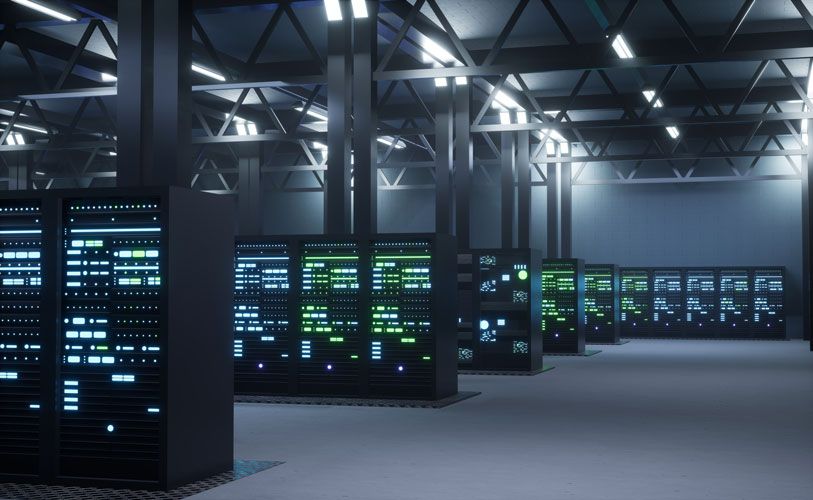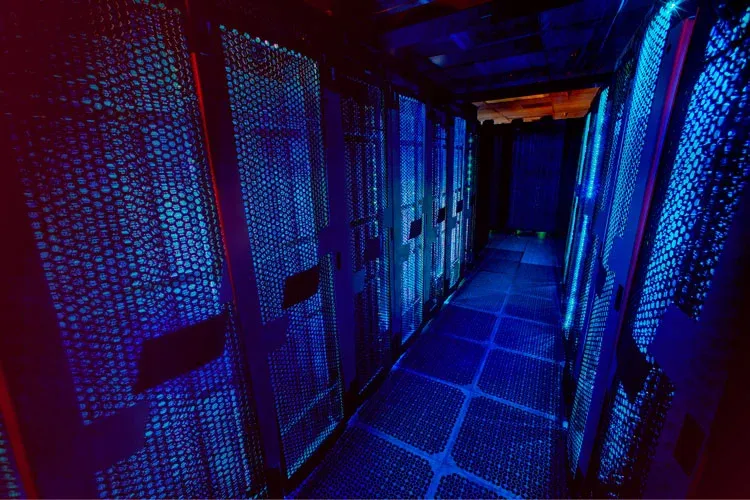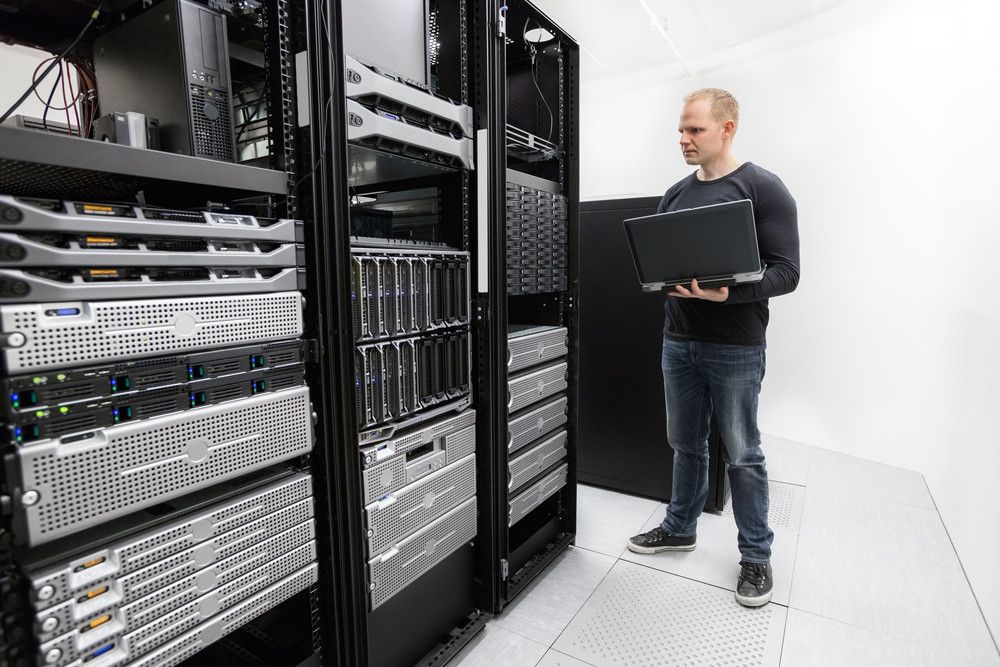Colocation Hosting vs. In-House Servers: Making the Right Choice for Your Business
Businesses rely heavily on robust IT infrastructure to support their operations. One critical decision that businesses face related to their infrastructure is whether to opt for colocation hosting or maintain in-house servers. Both options have their pros and cons, and making the right choice requires careful consideration of various factors.
Read on to understand the differences between colocation hosting and in-house servers to help you determine which solution best suits your business needs.
Understanding Colocation Hosting
Colocation hosting involves housing your servers and IT equipment in a third-party data center facility. Instead of managing your own data center, you rent space, power, cooling, and network bandwidth from a colocation provider.
This arrangement allows businesses to benefit from the data center’s infrastructure and expertise without the upfront costs and ongoing maintenance associated with building and managing their own networking equipment and facility.
Pros of Colocation Hosting:
- Cost-Effectiveness: Colocation data centers eliminate the need for upfront capital investment in building and maintaining network infrastructure. Businesses can instead opt for a predictable monthly expense based on their agreement with their hosting provider.
- Reliability and Redundancy: Reputable colocation facilities offer redundant power supplies, cooling systems, and network connectivity to ensure high availability and uptime for hosted equipment.
- Scalability: Colocation services often include flexible options for scaling your infrastructure as your business grows. You can easily add or remove servers and adjust your space and bandwidth requirements as needed.
- Security: Data centers employ stringent security measures, including access controls, surveillance cameras, and biometric authentication, to protect against physical and cyber threats.
Exploring In-House Servers
Maintaining an in-house data center involves purchasing, installing, and managing your own hardware within your organization’s premises. This approach gives businesses complete control over their data center infrastructure but requires substantial upfront investment and ongoing operational expenses.
Pros of In-House Servers:
- Total Control: With in-house data centers, businesses have full control over their hardware, software configurations, and security policies, allowing for customization to meet specific requirements.
- Performance Optimization: In-house, physical servers can be fine-tuned and optimized for specific workloads and applications, potentially leading to better performance and responsiveness.
- Data Sovereignty: Some businesses may have regulatory or compliance requirements that mandate sensitive data storage must take place within their own premises, making in-house servers a preferred option.
- Privacy: Hosting data on in-house servers may offer a higher level of data security, privacy, and confidentiality compared to colocating servers in a shared, cloud hosting environment.
Making the Right Choice
When deciding between colocation hosting and in-house servers, businesses should consider their budget, technical expertise, scalability needs, security requirements, and regulatory compliance obligations.
Colocation Hosting
Colocation hosting is an attractive option for businesses seeking cost-effective, reliable, and scalable infrastructure solutions without the burden of building and managing their own data center. It’s particularly beneficial for organizations that value uptime, redundancy, and access to state-of-the-art facilities and expertise.
In-House Servers
On the other hand, In-House Servers appeal to businesses that prioritize total control, customization, and data sovereignty. It’s a viable choice for organizations with the necessary resources and expertise to design, deploy, and maintain their own infrastructure, especially if they have unique security or compliance considerations.
Ultimately, there’s no one-size-fits-all solution, and the decision between colocation hosting and in-house servers depends on your specific business requirements, goals, and constraints. Whether you choose to take advantage of managed hosting services or host them in-house, partnering with a reputable provider or investing in skilled IT personnel is essential to ensure the success and reliability of your infrastructure.
Deciding on the Best IT Infrastructure for Your Business
Choosing between colocation hosting and in-house servers is a significant decision that impacts not only your IT operations but also the broader strategic goals of your business. Each option offers distinct advantages: colocation hosting provides cost-efficiency, scalability, and advanced infrastructure without the burden of management, while in-house servers offer unmatched control and customization to meet specific business requirements. By carefully evaluating your organizational needs, growth potential, and technical capabilities, you can make an informed choice that aligns with your business objectives and IT strategy.
Transform Your IT Strategy with Expert Guidance
Are you ready to enhance your business’s IT infrastructure but unsure which option to choose? Let us help you make an informed decision that will empower your operations and drive your business forward. Contact us today to discuss your needs with our IT specialists, who can guide you through the complexities of colocation hosting and in-house servers, ensuring you find the perfect fit for your business. Don’t wait to optimize your IT strategy—take the first step towards a more robust and efficient infrastructure now!




